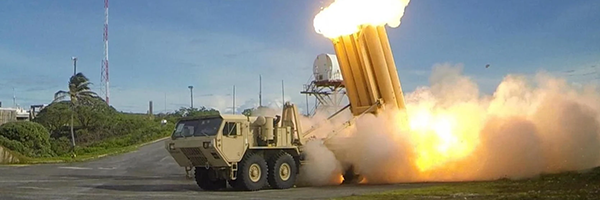Israeli authorities have reached a full agreement on “the method, timing, and strength” of their expected attack against Iran and final approval is needed from the Security Cabinet before it is launched, according to information released by the Israeli Broadcasting Authority on 15 October.
According to informed sources who spoke with the Washington Post, Israeli Prime Minister Benjamin Netanyahu last week reassured US President Joe Biden that “he is willing to strike military rather than oil or nuclear facilities in Iran.”
One of the officials, who spoke on the condition of anonymity, also mentioned that the Israeli response would be measured to avoid the perception of “political interference in US elections.”
“We listen to the opinions of the US, but we will make our final decisions based on our national interests,” Netanyahu’s office said in a statement released on Tuesday in response to the Washington Post report.
The White House declined to comment.
Sources who spoke with the Financial Times (FT) said “the thinking” was for Israel to launch its attack against Iran before the US election on 5 November, and that Tel Aviv has been “closely coordinating its planning to ensure the counterstrike would not influence American voters.”
The expected Israeli escalation follows an Iranian retaliatory missile strike launched on 1 October that came in response to the Israeli bombing of a presidential guesthouse in Tehran, which killed Hamas politburo chief Ismail Haniyeh.
The White House has previously called on Israel to avoid hitting Iranian nuclear and oil facilities, reportedly concerned about the prospects of a larger regional war and skyrocketing oil prices.
Describing Netanyahu as being in a “more moderated place” by the Washington Post during his call with Biden, the newspaper adds that this “softening” of his stance “factored into Biden’s decision” to deploy an advanced air defense system to Israel along with US boots on the ground to operate it.
The deployment of the Terminal High Altitude Area Defense (THAAD) battery also comes in response to Israel’s faltering air defenses and the diminishing stock of interceptor missiles.
“If Iran responds to an Israel attack [with a massive air strike campaign], and [Hezbollah] joins in too, Israel’s air defenses will be stretched … The US can’t continue supplying Ukraine and Israel at the same pace. We are reaching a tipping point,” Dana Stroul, a former senior US defense official, told FT.
Boaz Levy, the chief executive of Israel Aerospace Industries, told the British news outlet that his company was running triple shifts to keep production lines for interceptor missiles running.
“Some of our lines are working 24 hours, seven days a week. Our goal is to meet all our obligations,” Levy said, adding that the time required to produce interceptor missiles was “not a matter of days.” “It is no secret that we need to replenish stocks,” he added.

 The Cradle, October 15, 2024 —
The Cradle, October 15, 2024 —